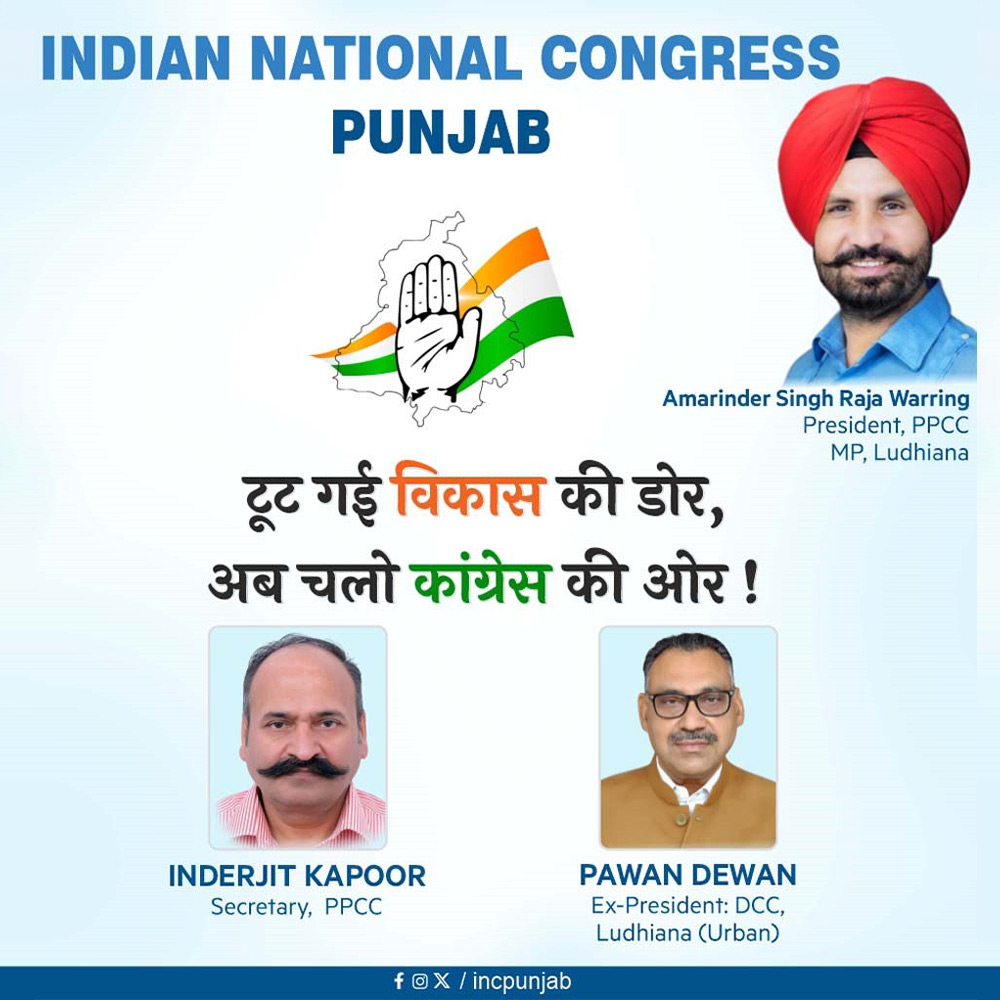Kartik Narayan
Chandigarh, November 9
As the world turns inward, India must turn upward by building formal, fair, and dignified jobs at home. Across the world, anxiety about immigration is reshaping economies and politics. Countries that once welcomed global talent are turning inward, building barriers instead of bridges. In this changing world, India cannot solely depend on exporting its people for prosperity. We must be Atmanirbhar not just in production, but in opportunity ensuring that domestic growth translates into well-paying, standardised, and dignified jobs at home.
Martin Luther King Jr once said, “All labour that uplifts humanity has dignity and importance and should be undertaken with painstaking excellence.” India’s new Labour Codes are a step toward realising that ideal ensuring that the millions who build, move, and power this country are not just workers, but participants in progress. The Codes aim to restore dignity to work by replacing informality with inclusion, discretion with data, and vulnerability with visibility.
For decades, India’s labour ecosystem resembled a patchwork quilt stitched together by 29 separate laws each well-intentioned but collectively confusing. The result was equilibrium of inefficiency: workers remained vulnerable, and employers remained wary. The Government’s decision to consolidate these into four clear codes on wages, industrial relations, social security, and workplace safety is not merely administrative reform. It is an act of modernisation, recognising that protection and productivity must rise together.
At its heart, the reform is about visibility. A worker with no appointment letter, no wage slip, and no digital record is invisible to both the state and the market. Formalisation corrects that. Every job documented is a life recognised. Every digital record becomes a bridge to benefits from social security to insurance and mobility. For employers too, this shift replaces uncertainty with structure and discretion with data. When every employment relationship has a record, trust has a foundation.
Take wages. For years, India had thousands of minimum wage rates, varying across states and industries. Workers in districts with close proximity could earn vastly different amounts for the same work. The Code on Wages establishes a national floor wage and a uniform definition of “wages.” This ensures that no one is paid below a dignified threshold and that equal pay for equal work becomes a rule, not rhetoric. It also helps labour mobility. A worker moving from one state to another can be assured that his wage rights move with him.
The Industrial Relations Code brings a similar balance between flexibility and fairness. India’s economy is now a blend of manufacturing, services, and a rapidly growing gig sector. Many industries logistics, retail, construction operates with seasonal demand and project-based work. Fixed-term contracts, now legitimised and standardised, allow companies to hire with agility without compromising on equality of pay or benefits. For workers, flexibility no longer means insecurity. The creation of a reskilling fund signals a shift from reactive welfare to proactive employability. Losing a job no longer means falling off a cliff; it becomes a bridge to learning and re-entry.
The Social Security Code recognises that India’s workforce is no longer confined to factory floors. Drivers, delivery partners, and freelancers – the new builders of the digital economy now find a place within the protection net. Platforms will contribute to a central fund for their welfare, acknowledging that while the nature of work changes, the need for security does not. Self-assessment, unified filings, and digital records replace piles of paperwork with transparency and traceability. Compliance becomes simpler, and policymaking becomes smarter.
Equally significant is the focus on dignity and safety. The Code on Occupational Safety, Health and Working Conditions is not just about helmets and handrails. It is about respect at work. Appointment letters become mandatory, health check-ups standard, and women can now work in all sectors and shifts, provided safety measures ensure a single provision that can unlock a vast expansion in female workforce participation. Migrant workers, long treated as outsiders in their own country, will now access welfare benefits wherever they work. This is inclusion made tangible.
Simplification may be the most underestimated dividend. One registration, one licence, one return instead of 29. Inspectors are now facilitators. The compliance conversation moves from penalty to partnership. For small enterprises – the backbone of India’s jobs this means less time chasing approvals and more time building business. Formalisation is not paperwork; it is productivity.
Implementation will take time. States must align their rules, digital systems must function smoothly, and both employers and workers must adapt. But direction matters. These Codes send a clear signal: India wants to be a country where jobs are not just created but counted; where flexibility and fairness co-exist; and where workers and employers are partners, not adversaries.
As the global tide turns inward, India’s path must be to strengthen its domestic foundations labour system that is transparent, portable, and fair. The true dividend of these reforms will be felt when India’s growth is powered not only by more jobs, but by better one’s formal, well-paid, and dignified.
If implemented with care and consistency, these reforms can reshape how India works — turning informality into inclusion and work into dignity. Few ideas capture this better than Basavanna’s timeless reminder from 12th-century Karnataka: “Kayakave Kailasa” — work itself is heaven. His movement saw every profession, from cobbler to scholar, as sacred when done with sincerity. The new Labour Codes carry that spirit forward — that dignity lies not in status but in effort. Because in the end, the true test of reform is not in its passage, but in its practice.
The author is CEO, Apna Jobs and writes on the future of work, technology, and India’s labour transformation.






















